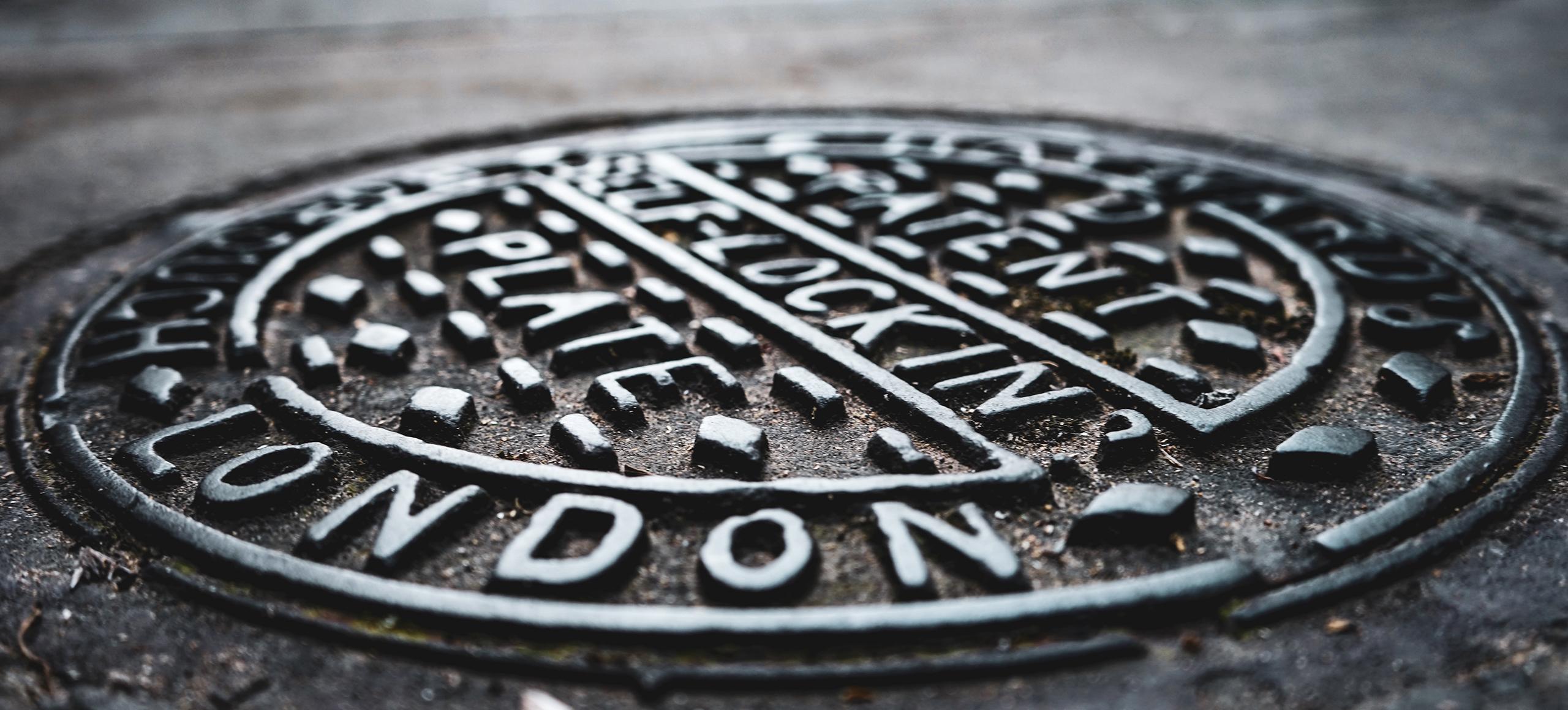

What is water hardness?
Total hardness is the sum of carbonate hardness and permanent hardness. Carbonate hardness as a proportion of total hardness can range between Because the total and types of hardness can vary widely, water filters have to be able to meet diverse requirements – and provide the right water treatment for regional conditions.
The ratio of the two types of hardness depends on the soil conditions near the original water source – as compounds leach into the water supply and affect its composition.

How does scale get in water?
- Rainwater absorbs carbon dioxide from the atmosphere as it falls to the ground.
- Rainwater becomes slightly acidic (carbonic acid).
- Rainwater seeps into soil that contains limestone (scale).
- The solid limestone (scale) dissolves and forms calcium and hydrogen carbonate ions.
- The water is now hard, as it contains a high volume of dissolved ions.
- Solid limestone (scale) has become carbonate hardness in water.
- Water has now reached the lime-carbonic acid equilibrium.

What causes limescale?
If you have hard water, you may notice limescale build up in appliances such as kettles and on your showerhead. So, why does this happen?
- Water is heated.
- Hydrogen carbonate decomposes into carbonate and carbon dioxide.
- Carbon dioxide gas is released; pH rises, meaning the water becomes more alkaline.
- The lime-carbonic acid equilibrium is disrupted.
- Calcium combines with carbonate and forms limescale.
- Carbonate hardness in water has returned to solid calcium carbonate.

How does scale affect the taste of water?
The taste of water is significantly influenced by the volume and types of dissolved minerals:

Does scale affect the uses of water?
Scale and gypsum deposits due to too high carbonate or permanent hardness in the water. Hardness and deposit in the water can lead to:
- Increased equipment downtime
- Higher energy and maintenance costs
- Spots and smears on cutlery, crockery, and glasses

Does my area have hard water?
Different parts of the UK have different levels of hard and soft water, which means that not everyone has the same kind of water. Generally, the south-east and midlands of the UK and Ireland have hard to medium water, while the north-west, Scotland, and Northern Ireland have soft to medium water. You can usually tell what kind of water you have by build up in appliances like kettles and showers, which are much more likely to develop limescale in hard water areas.
If you would like to check the hardness of the water in your area, you can check the water quality of your area with United Utilities. This online checker uses your postcode to give you more information about where your water comes from, the hardness of your water, and a full breakdown of the composition.

How a BRITA filter can help
If you want to adjust the taste of your water or reduce limescale build up, then a BRITA water filter can help. Our filters are expertly designed to tackle all kinds of water issues to make sure that you get the best water for your tastes and needs.
Here is a quick overview of the different media in a BRITA filter and what they do:
Ion exchanger
- Decarbonisation – removes carbonate hardness
- Softening – removes total hardness • Full demineralisation – removes all minerals
- Reduction in volume of metals such as lead, copper, zinc, iron
Activated carbon
- Improvement in odour and taste of drinking water
- Reduction in chlorine and chlorine compounds
- Reduction in organic impurities
- Decolourisation
Particle filter
- Removal of particulate matter, e.g. rust, scale
- Removal of organic material, e.g. fibres
- Removal of particles (μm range)
Water is more than simply H2 O. Depending on its original source and how it was treated, water can vary widely in its composition of dissolved minerals and hardness. BRITA filters help ensure consistently high-quality water – improving its taste as well as ensuring it has the ideal properties for its end use.
